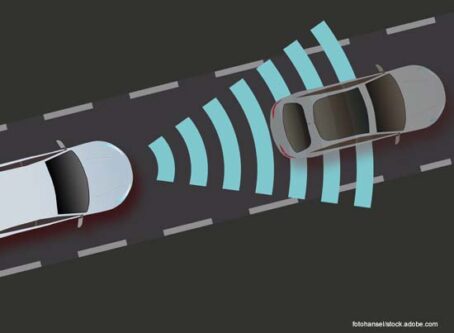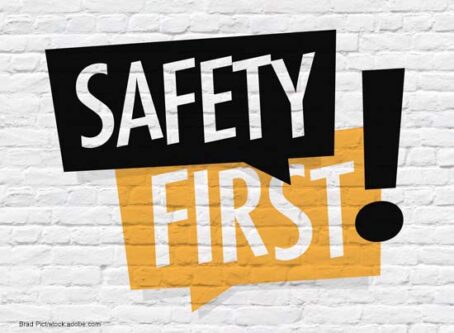DOL’s worker classification rule passes White House review
A final rule from the U.S. Department of Labor regarding worker classification has cleared the White House Office of Management and Budget and is expected to be published in the coming weeks.
According to the OMB website, the review was completed on Tuesday, Jan. 2. However, the contents of the final rule won’t be known until it is published in the Federal Register.
The DOL’s Wage and Hour Division issued a notice of proposed rulemaking in October 2022 aimed at determining if a worker is an employee or an independent contractor. The rule would apply to all industries, including trucking.
The proposal would rescind a Trump-era rule that focused on two core factors – control and profit. Instead, the DOL’s proposal would return to a “totality-of-the-circumstances analysis” in which several economic reality factors would be considered.
“The Department believes that this proposal, if finalized, will provide more consistent guidance to employers as they determine whether workers are economically dependent on the employer for work or are in business for themselves,” the DOL wrote in the notice.
According to the regulations.gov website, the worker classification proposal received more than 50,000 comments.
OOIDA’s comments
The Owner-Operator Independent Drivers Association, which represents small-business truckers, told the DOL that a successful worker classification rule in trucking would allow truly independent owner-operators to maintain their business model while also protecting drivers from predatory carriers.
“OOIDA has long advocated for a classification structure that offers truckers the opportunity for true independence to operate their own small businesses while protecting them against carriers that seek to take advantage of them through misclassification,” the Association wrote in December 2022. “Any final rule must … ensure that independent owner-operators can continue to use a business model that has benefitted truckers for decades as well as ensure that drivers are protected from misclassification.”
OOIDA opposes an “overly broad and unnecessarily restrictive” approach to worker classification, such as California’s Assembly Bill 5, which makes it nearly impossible for a leased-on owner-operator to be considered an independent contractor.
Other comments
The Florida Trucking Association, Alabama Trucking Association and Kentucky Trucking Association were among the organizations that formally opposed the DOL’s proposal.
“We are concerned that, if finalized, the proposal would harm our industry, the independent entrepreneurial men and women who work with our members as owner-operators, our nation’s supply chain and most importantly the general public,” the Florida Trucking Association wrote. “In fact, the proposal will only benefit trial lawyers litigating this issue in court by blurring the lines so badly that virtually every case has to go to trial.”
The International Brotherhood of Teamsters, meanwhile, was generally supportive of the proposal, while suggesting a few changes “to ensure the proposal is effective in combating the further exploitation of workers across the country.”
What’s next?
The DOL’s final rule is expected to be unveiled in the coming weeks. The details and an effective date will be known at that time.
However, don’t be surprised if the rule is met with some legal challenges. Rep. Kevin Kiley, R-Calif., has questioned the legality of any rule finalized during the tenure of acting DOL Secretary Julie Su.
Nominated by President Joe Biden to become the DOL Secretary last February, Su never secured the votes necessary for confirmation.
“President Biden knows Julie Su will never be confirmed and has given up even trying to get the votes. As long as Ms. Su remains in power as an unconfirmed acting secretary, every action of the Labor Department is under a legal cloud,” Kiley said in December. LL









